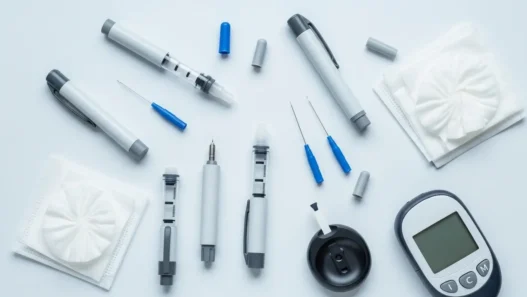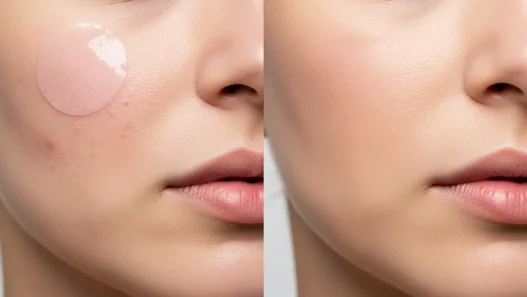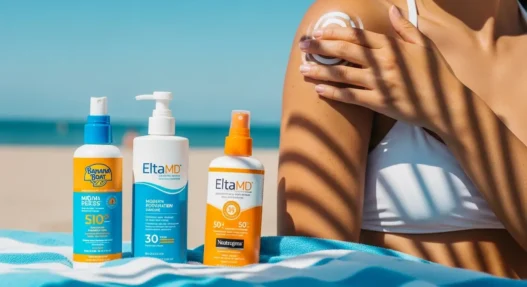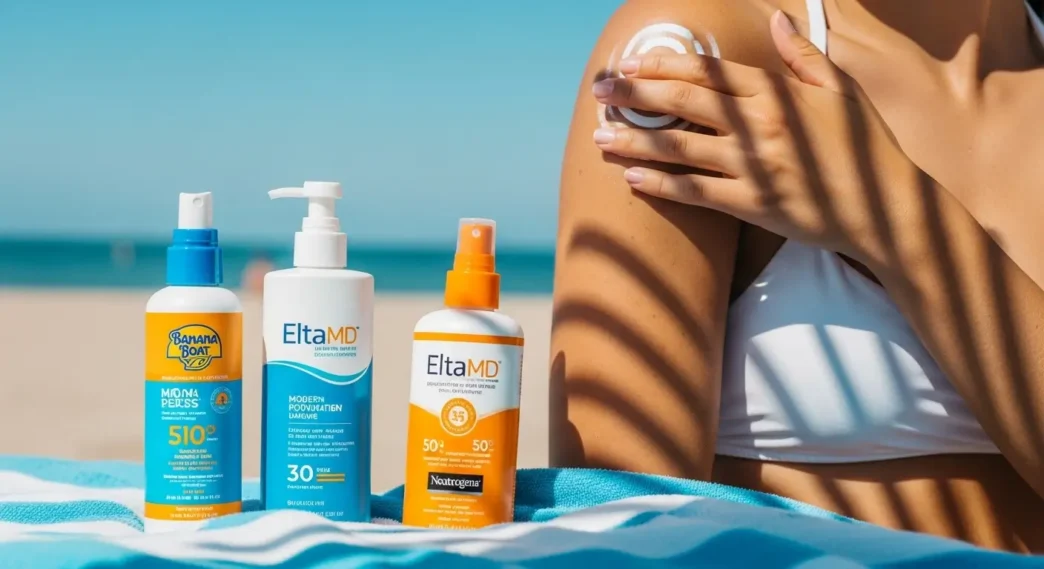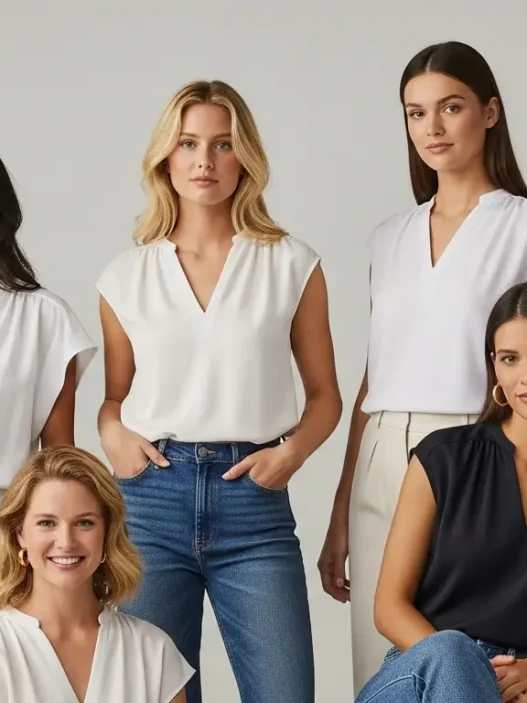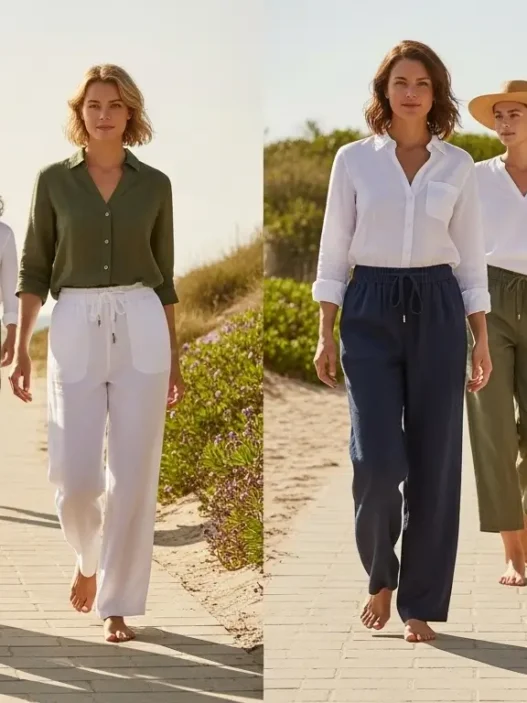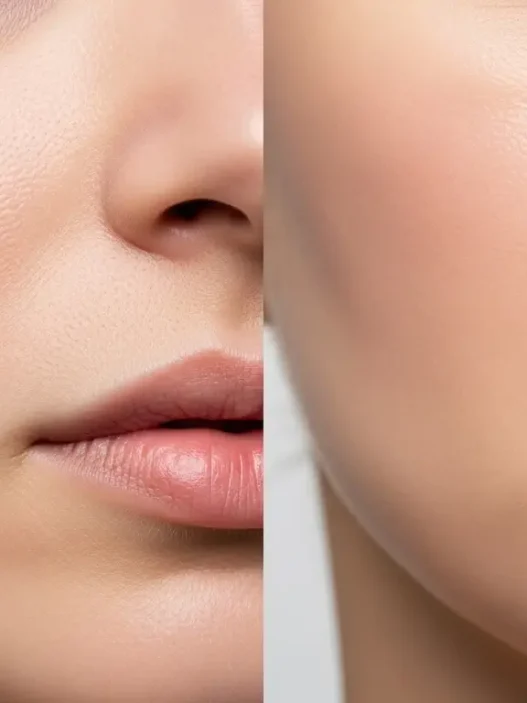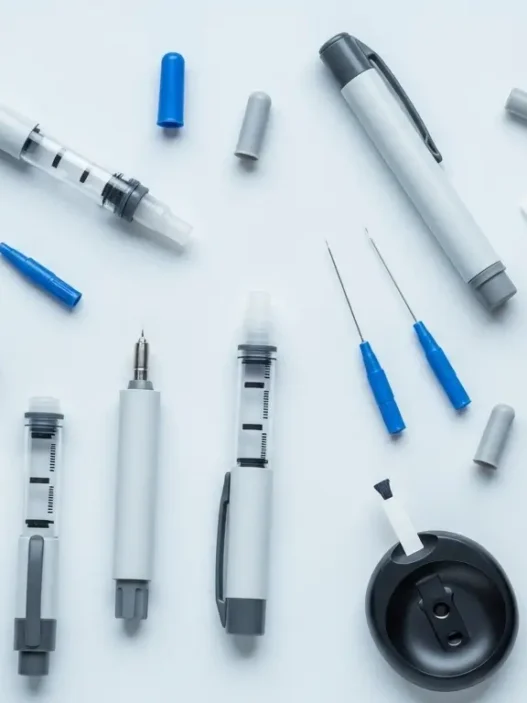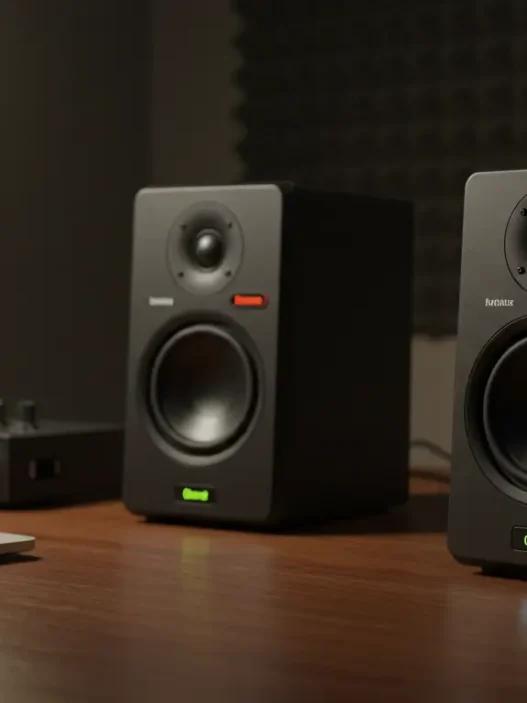Contents
- 1 Best Sunscreens
- 2 Buying Guide
- 3 Frequently Asked Questions
- 3.1 What factors should be considered when choosing a sunscreen for the face?
- 3.2 How does SPF rating affect sunscreen efficacy?
- 3.3 What are the best sunscreen options for oily skin?
- 3.4 How do I determine which sunscreen is most effective for my skin type?
- 3.5 What are the top sunscreen brands recommended by dermatologists?
- 3.6 Are there specific sunscreen formulations recommended for body application?
Sunscreen is one of those everyday products that most people know they should use, but sometimes forget. It’s meant to protect your skin from the sun’s ultraviolet (UV) rays, which can cause sunburn and speed up aging.
UV rays don’t just burn—they can also raise your risk of skin cancer. So, sunscreen acts as a kind of shield, either blocking or absorbing those rays. It’s a basic part of skin care, especially if you spend any time outdoors.
You’ll find all sorts of sunscreen types: lotions, sprays, gels, sticks. There’s something for everyone, whether you’ve got oily skin, sensitive skin, or just want something quick and easy.
Some formulas are made to block UVA rays (the ones that age your skin), while others also tackle UVB rays (which burn). If you want full coverage, look for a broad-spectrum sunscreen—those handle both.
When you’re picking one, check the sun protection factor (SPF). That number tells you how well it blocks UVB rays. Also, look for “broad-spectrum” on the label for that UVA protection.
If you’re swimming or sweating, water resistance is a must. We tried out a bunch of sunscreens to see which ones actually work and don’t make you feel like a sticky mess.
Best Sunscreens
We got our hands on a lot of sunscreens and put them through their paces. Here are the ones that actually felt good and kept our skin safe. Hopefully, this helps you find your go-to.
Banana Boat Sport Ultra SPF 50 Sunscreen Spray
If you’re active and hate sticky sunscreen, this spray is honestly a lifesaver.
Pros
- Feels light, not greasy
- Sticks around through sweat and water
- Covers both UVA and UVB rays
Cons
- Scent is a little odd at first
- Leaves a bit of shine
- Needs reapplying after 80 minutes in water or heavy sweat
It’s super easy to spray on, and it dries fast—no sticky film left behind. We liked how it held up during a quick swim or a sweaty run.
The scent is a little weird at first, but it fades. Some folks noticed a slight shine, but it didn’t feel oily. If you’re all about a matte look, just a heads up.
The SPF 50 broad spectrum coverage is solid, and the twin pack is handy if you’re out all day.
EltaMD UV Clear SPF 46
If your skin breaks out easily or gets irritated, this one’s a safe bet.
Pros
- Light and not greasy
- No white cast
- Good for sensitive and acne-prone skin
Cons
- Can feel a bit sticky to some
- Might flake over certain creams
- Costs a bit more
The texture is thin, spreads well, and sinks in fast. We wore it under makeup and didn’t get that oily feeling.
Zinc oxide is the star here—it protects but doesn’t clog pores or cause flare-ups. If you layer it over a moisturizer that doesn’t play nice, it might flake a bit. Pricey, but we felt it was worth it for the comfort.
Cell Fusion C Sunscreen
This one’s for anyone who wants their sunscreen to double as a light moisturizer.
Pros
- No white residue
- Feels refreshing, almost like a moisturizer
- Helps protect and repair the skin barrier
Cons
- Bottle is on the small side
- Goes on a bit thick at first
- Scent isn’t for everyone
It glides on without that chalky look, and honestly, it feels cool on the skin. Didn’t mess with our makeup, which is rare.
It soaks in pretty quick and doesn’t leave that greasy film. The hydrating feel sticks around for hours, and the cooling effect is a nice bonus after being out in the sun.
You don’t get a ton in the bottle, but it’s good stuff. The brand talks up barrier protection for sensitive skin, and we didn’t have any issues.
Neutrogena Ultra Sheer Dry-Touch SPF 70
If you want high SPF but hate heavy creams, this is a winner.
Pros
- Dries fast, matte finish
- High SPF 70, broad-spectrum
- Lightweight and won’t clog pores
Cons
- Leaves a slight white cast for some
- Not totally invisible
- Sometimes arrives without a seal
It soaks in quickly and doesn’t leave any sticky or oily feeling. We wore it under makeup without any issues.
The SPF 70 is overkill for some, but it’s nice for long days outside. It held up through a bit of sweat and water.
There’s a faint white tint, but it fades once you rub it in. The tube is small, so easy to toss in your bag.
Banana Boat Light As Air SPF 50
For those who just want something light and not greasy, this one’s great for daily use.
Pros
- Super lightweight, dries quickly
- Strong SPF 50, broad-spectrum
- Non-greasy, stays fresh
Cons
- Some might not love the fruity scent
- Small tube runs out quickly
- Price is a bit high for the size
We liked how it dried almost instantly and didn’t leave any sticky film. Works under makeup or just on bare skin.
Water resistance is solid for light swimming or sweating. It’s not thick, so if you hate that heavy sunscreen feel, this is a good pick.
The scent is mild and fades, but if you’re picky about fragrance, it’s something to note. The tube’s small, so you’ll go through it fast if you reapply a lot.
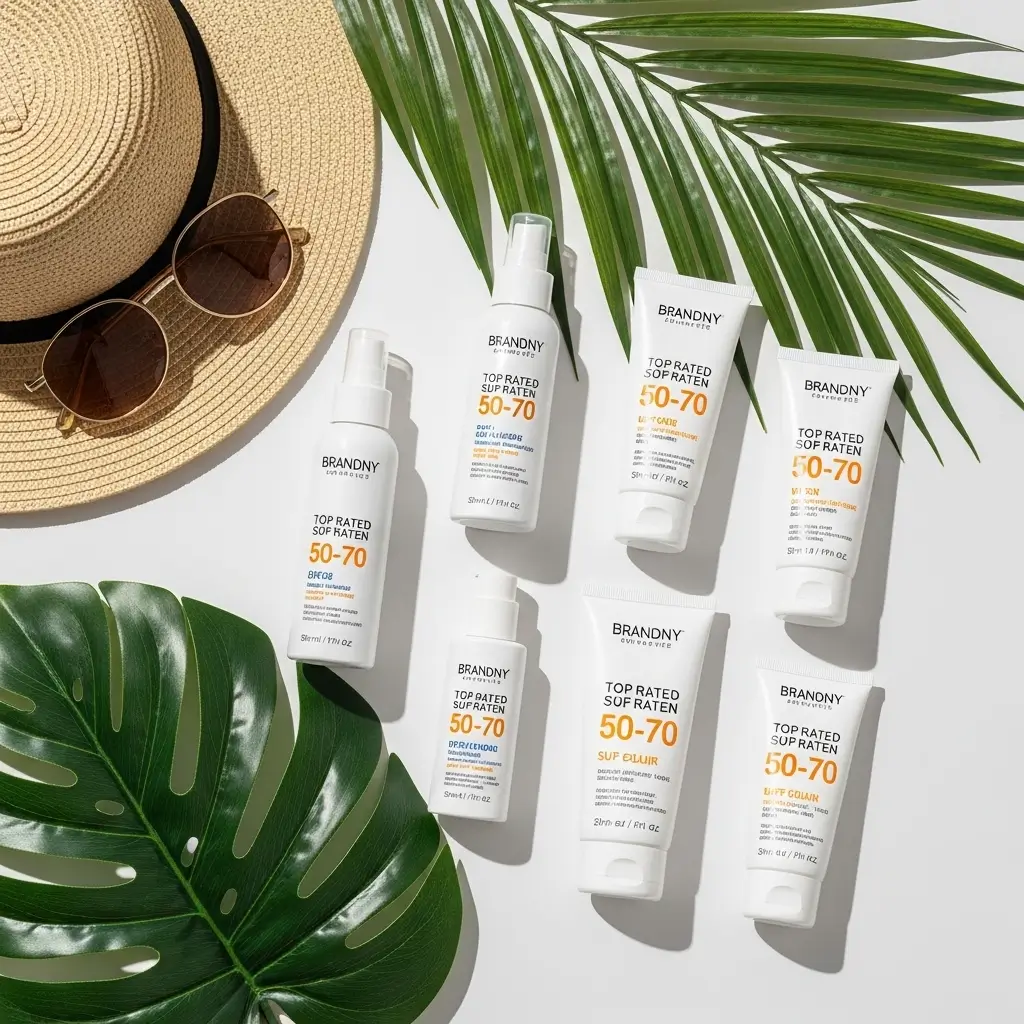
Buying Guide
Shopping for sunscreen can be weirdly complicated. Here’s what we actually look for.
First, broad-spectrum protection is a must. It means you’re covered against both UVA and UVB rays.
For daily use, pick an SPF of at least 30. Higher numbers sound better, but after SPF 50, you’re not getting a huge boost.
There are two main types of sunscreen:
| Type | Features | Best For |
|---|---|---|
| Chemical | Absorbs UV rays | Normal to oily skin, easy to apply |
| Physical (Mineral) | Blocks UV rays with minerals like zinc oxide | Sensitive or dry skin, sun sensitivity |
If you’re going to be in the water or sweating, look for water resistance—labels will say 40 or 80 minutes.
Check the ingredients if you have allergies or just want to avoid fragrances.
These basics help you pick something that fits your skin and keeps you from getting burned.
Frequently Asked Questions
Picking sunscreen isn’t just about SPF. You have to think about your skin type, what’s in the product, and how much protection you need.
What factors should be considered when choosing a sunscreen for the face?
We look for broad-spectrum (UVA/UVB) coverage. Non-comedogenic formulas help avoid breakouts. Something light and hydrating is usually best for faces.
How does SPF rating affect sunscreen efficacy?
SPF tells you how much UVB protection you get. Higher is better, but after SPF 30, the difference isn’t huge. Reapply every two hours, no matter the SPF.
What are the best sunscreen options for oily skin?
Oil-free, gel, or matte-finish sunscreens are our go-to. They soak in fast and don’t make your skin look shiny.
How do I determine which sunscreen is most effective for my skin type?
Try a little on your skin first to check for irritation. Pick a formula that matches your needs—hydrating for dry skin, oil control for oily. Always look for broad-spectrum and water resistance if you need it.
What are the top sunscreen brands recommended by dermatologists?
Neutrogena, La Roche-Posay, and EltaMD get recommended a lot. They cover different skin types and offer strong UVA/UVB defense. Just check the label for the features you want.
Are there specific sunscreen formulations recommended for body application?
For your body, thicker creams or sprays with a higher SPF usually do the trick. If you’re planning on swimming or sweating, waterproof or water-resistant options are a smart choice.
It’s surprisingly easy to miss spots, so be sure to apply enough and spread it out evenly.



